In summer 2025, City Law School was delighted to financially support a select group of students from its barrister (Bar Vocational Studies) and solicitor (SPP) training routes to undertake law clinic placements in Cape Town, South Africa, through the law school’s Ubuntu Scholarship programme.
The Ubuntu Scholars undertook a month’s internship with prominent human rights’ organisations including the Women’s Legal Centre (WLC) and University of Cape Town (UCT) law clinic, contributing to legal research and advocacy and access to justice for poor South Africans.
The programme aims to support students’ professional development through international legal experience in a public law context. Two of the participants on the Summer 2025 programme have shared their experiences with Lawbore. The account of Tamara Chowdhury (SPP) follows…
-

-
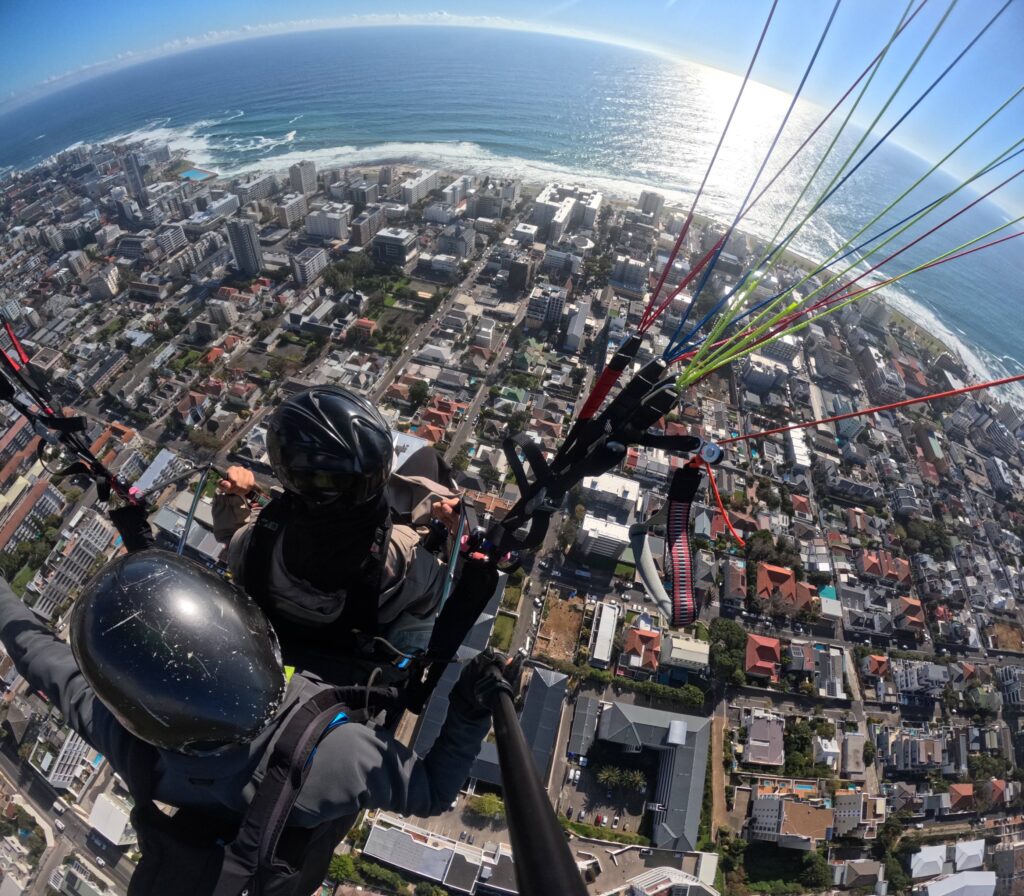
Long way down! -

Watch out for the lions! -
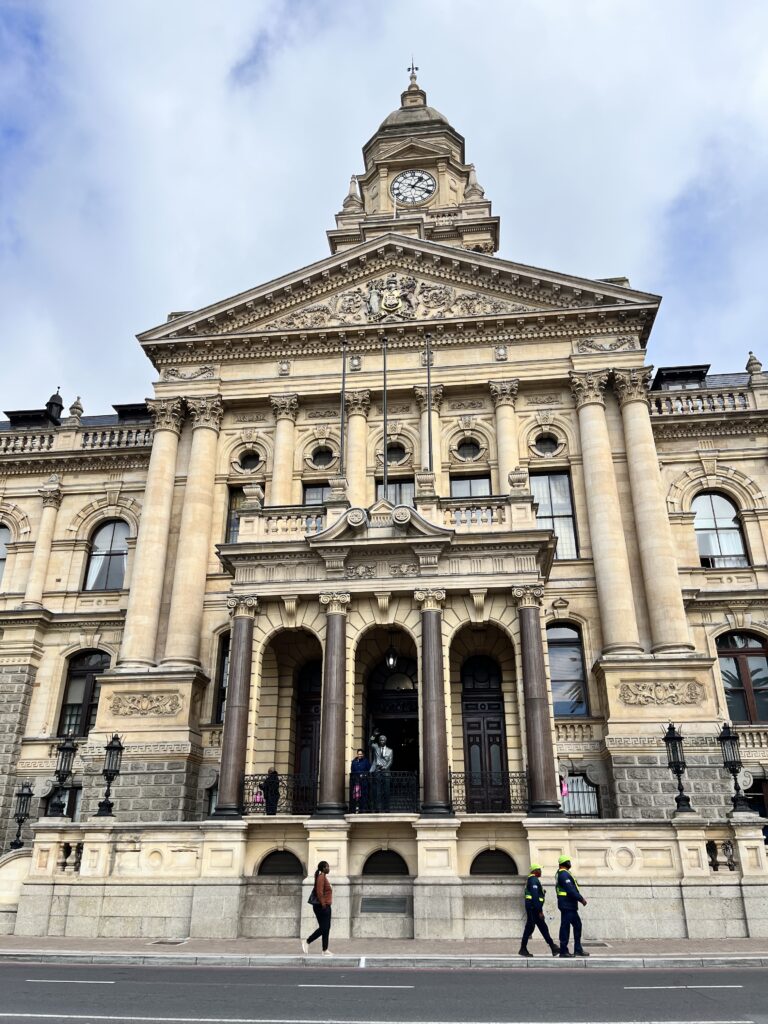
-
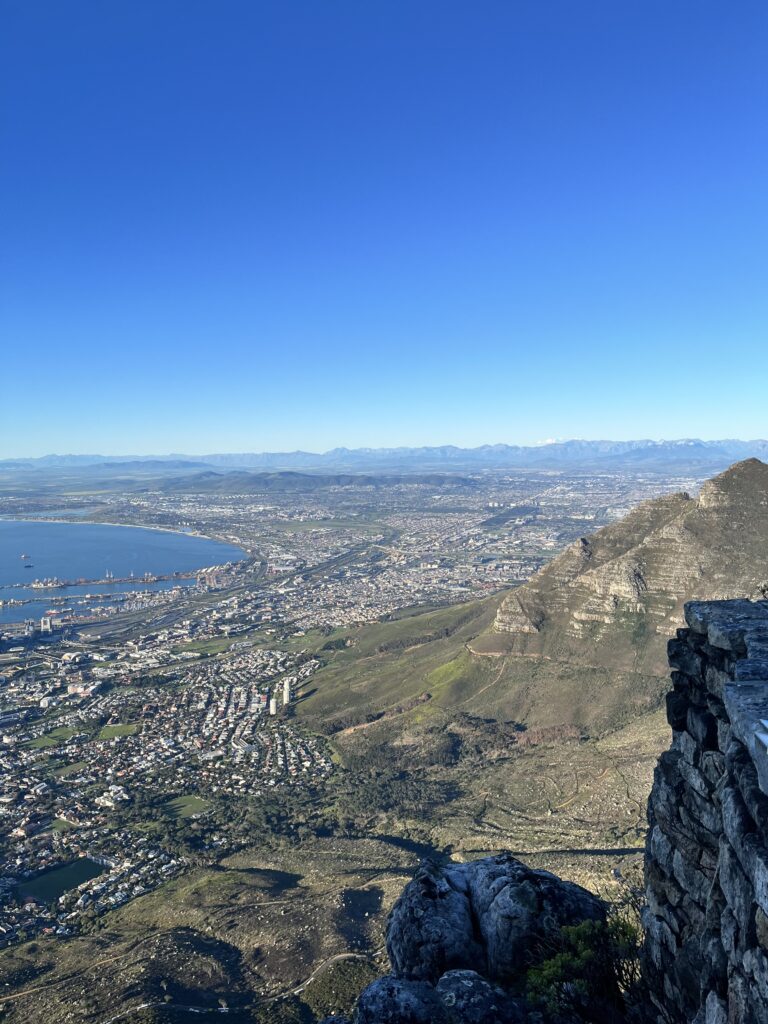
-
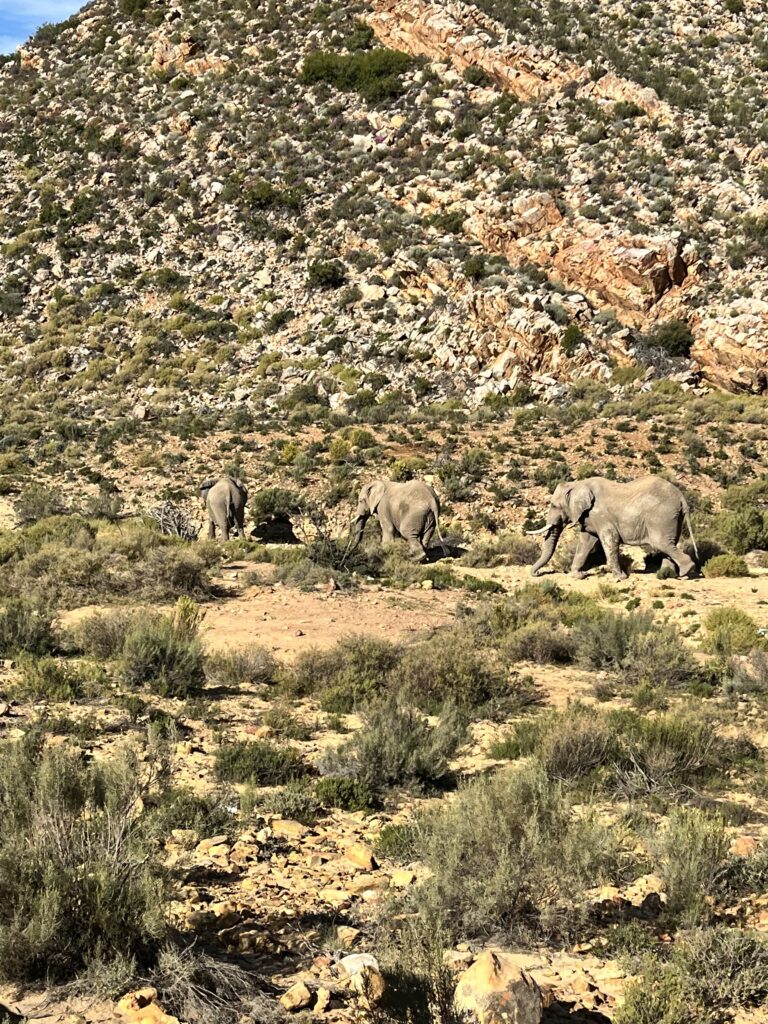
When I first touched down in Cape Town for my internship at the Women’s Legal Centre (WLC), I wasn’t entirely sure what to expect, but I knew it would be nothing like I had ever experienced before.
The Women’s Legal Centre was established in 1999 with one goal: to advance the rights of women, particularly those who are poor, marginalised, and most affected by systemic inequality. The Centre works across several key areas, for example: gender-based violence, land and housing, and sexual and reproductive health and rights (SRHR).
I was placed in the Sexual and Reproductive Health and Rights department, supervised by attorney Khuliso Managa.
My first week was spent on a research assignment about whether minors who are mentally incapacitated can legally consent to pregnancy terminations in South Africa. It was complex but fascinating, and I used my findings to help update one of the Centre’s public information leaflets on the legal framework for pregnancy in minors. It felt good to contribute to something tangible- something that could actually help someone understand their rights.
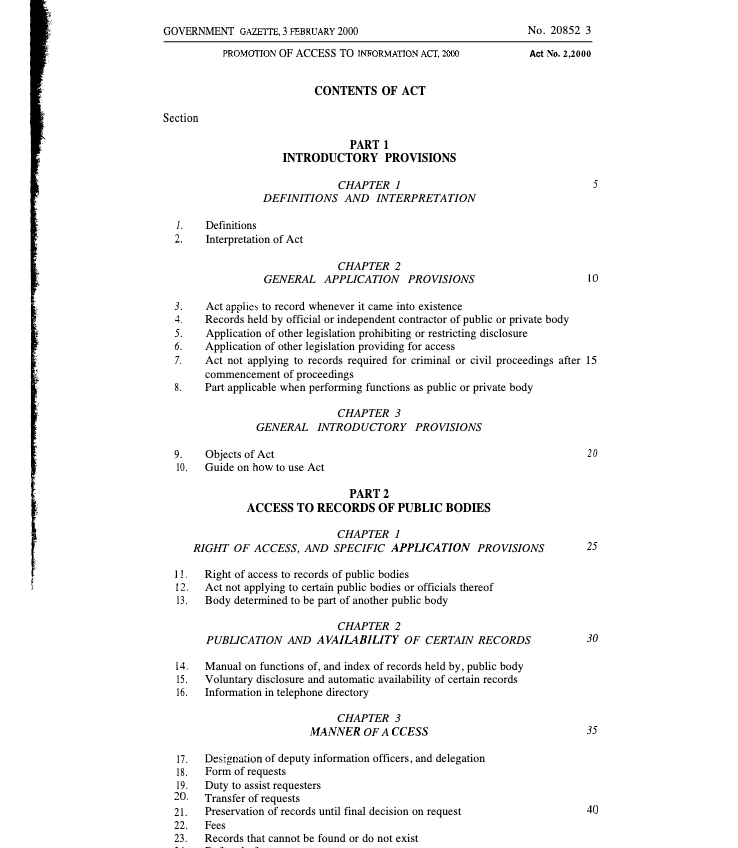
After that, I was given a bigger project linked to South Africa’s Promotion of Access to Information Act (PAIA) No. 2 of 2000– a law that gives effect to the constitutional right to access information from public and private bodies. The WLC has used this process to gather information from provincial Departments of Health about termination of pregnancy services- how accessible they are, which facilities are open, and whether women are being turned away.
My role was to help prepare the new round of PAIA applications for 2025. That meant reviewing the responses received in 2021, checking what information needed updating, and working closely with the Centre’s paralegals to confirm which clinics were still operational. I called around to verify reports of closures and cross-checked facility lists from different sources. I then drafted the new PAIA applications, making sure each of them had the right contact details and supporting information.
Something as simple as confirming whether a clinic still provides a service can directly affect whether a woman can safely access healthcare. That’s the kind of quiet, behind-the-scenes work that often goes unnoticed, but it’s essential.
Of course, my time in Cape Town wasn’t all spent behind a desk. When I wasn’t working, I tried to make the most of every moment. I went on a safari, where I saw elephants, giraffes, and lions up close- something I’ll never forget. I went paragliding off Signal Hill, soaring over Sea Point with the sea sparkling below me and Table Mountain standing proudly in the distance. I did the open-top city bus tour, stopping off at Kirstenbosch Botanical Gardens, wandering among the flowers and mountains, and later enjoyed the best fish and chips at Mariner’s Wharf in Hout Bay.
Every day in Cape Town offered something beautiful- the warmth of the people, the vibrant markets, the food (honestly, some of the best meals I’ve ever had), and the views that never stopped taking my breath away. I’d been warned before I came that it might not be safe, but I found that with common sense and awareness, I felt comfortable and welcomed everywhere I went.
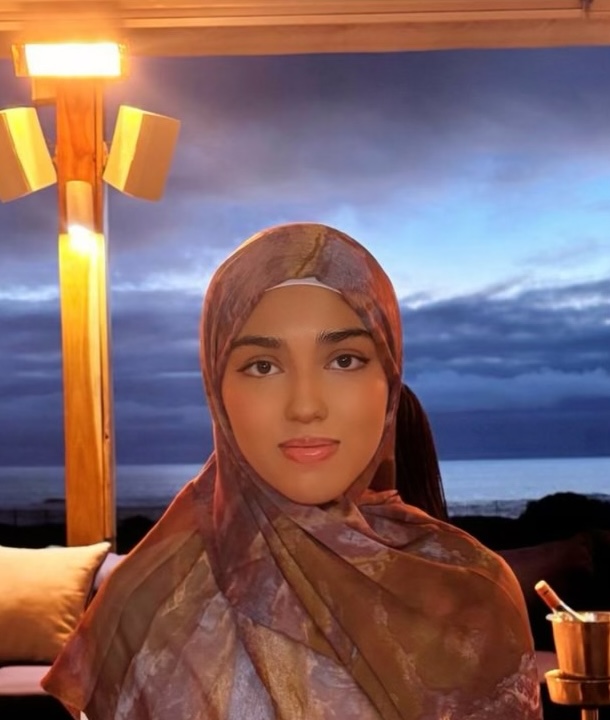
Still, what I’ll remember most about this internship isn’t the sightseeing- it’s the people I worked with and the purpose behind it all. The WLC team’s dedication was inspiring. They don’t just talk about justice; they live it, every day. Seeing the impact their work has- especially for women who have nowhere else to turn- reminded me why I wanted to go into law in the first place.
It’s easy, sometimes, to lose sight of why we study law when we’re buried in textbooks. But in Cape Town, I saw what it looks like when the law is used to help, to protect, and to empower. Even the smallest contribution- a research note, a phone call, a drafted form- felt meaningful because it was part of something bigger.
My time at the Women’s Legal Centre gave me more than just professional experience; it gave me perspective. It showed me the kind of lawyer I want to be, one who uses the law to make a real difference, however big or small. And as I think back on my time in South Africa- the work, the people, even the feeling of flying over the sea- I can’t help but feel grateful that I got to experience it all.
Tamara Chowdhury is an aspiring solicitor who recently completed the Solicitors’ Practice Programme LLM. Having undertaken SQE1, she is now preparing for SQE2 while seeking paralegal roles to gain hands-on experience in the legal profession.

